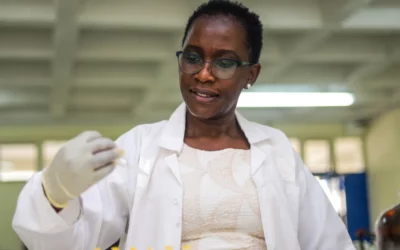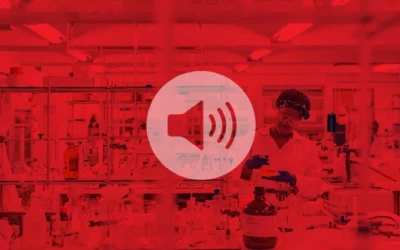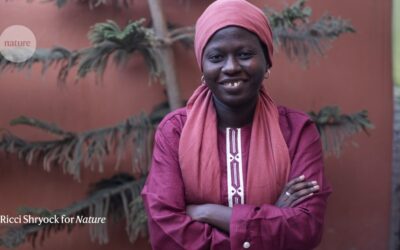In a state of ontological crisis, all boundaries between human and machine, nature and culture, and the organic and inorganic have been severely blurred. These are times of curious contrivances, novel natures, inescapable automation, and posthuman performances – where human and nonhuman find themselves being entwined, meshed and muddled into new unwitting entanglements. But from biased machine-learning to surveillance capitalism and digital colonisation – what power-structures are implicitly and covertly being embedded into these technologies?
In a demand for more transparency, multiple movements are making a turn toward democratising knowledge and technology. They are exploring the potentials of open data, software, hardware and wetware to battle concealed hierarchies and partisan paradigms – eliciting a practice of counter-coding in a proliferating politics of machines.
Within the Politics of the Machines conference series – following Copenhagen (2018) and Beirut (2019), the third POM conference will take place as a digital conference on the 14-17 of September 2021, hosted hosted by the chair for Open Science at the Technische Universität Berlin (Einstein Center Digital Future) and the Berlin University of the Arts (Weizenbaum Institute) in Berlin.
The goal of this edition of POM is to debate and devise concepts and practices that seek to critically question and unravel novel modes of science – what roles do academia, researchers, scientists, artists and designers have to take on in times of crisis, how must we re/position ourselves?
What chances or challenges might the democratisation of technology and knowledge elicit, and what potential do practices such as critical making, community science, trans/feminist hacking or citizen forensics hold to bend the hierarchies of power – how can we work with active matter and technical turmoil to re/act?
‘POM Berlin – Rogue Research’ aims to probe new methodological approaches from art, design and civic activism within the framework of academia in order to surface an inter- and transdisciplinary terrain that attempts to exceed the boundaries of theory and practice, academia and activism, and science and civil society.
Conference Proceedings
POM Berlin 2021
POM Berlin 2021 – Rogue Research
The compiled conference proceedings can be found here: Proceedings POM Berlin 2021
Single articles can be found on Science Open under the following link: POM Berlin 2021
Christensen, M., Conradi, F., Søndergaard, M., Beloff, L., Choubassi, H. (2022):
Politics of the Machines – Rogue Research. Swindon, UK: British Computer Society.
Intervention by Khadidiatou Sall
|
14:00 TRACK PANELS / ROOM A Open Science, Critical Spaces / #1 Track Chairs: Gameli Adzaho (Global Lab Network, GH) / Thomas Mboa (Mboalab, CM)/ Khadidiatou Sall (SeeSD, SN) Democracy, science and development: the nexus in the East African Community / Karl Raymond Kaddu Ssentongo, Uganda National Council for Science and Technology, Uganda Experiencability Meets Transformation: Circular Approaches for the Anthropocene / Katharina Schmidt, Ines Weigand, Berlin University of the Arts, Germany Coded Feminisms / Stefanie Wuschitz, TU Berlin, Germany / Academy of Fine Arts Vienna, Austria |
15:30 Break 16:00 TRACK PANELS / ROOM A Open Science, Culture Spaces / #2 Novel Images, or? – Image creation with/in science and technology protocols / Laura Beloff, Aalto University, Finland Deepfakes and Imposter Syndrome: The Risks of Deepfake Therapy / Lars van der Miesen, Black Brick, Netherlands Open Science in the Field: Snapshots of Experiences / Thomas Mboa, Mboalab, Cameroon, Khadidiatou Sall, SeeSD, Senegal, Gameli Adzaho, Global Lab Network, Ghana |
Track 05: Open Science/Critical Spaces
Track Chairs
- Gameli Adzaho (Global Lab Network, GH)
- Thomas Mboa (Mboalab, CM)
- Khadidiatou Sall (SeeSD, SN)
The movement of open science is rapidly expanding, bringing into being critical spaces that challenge established hierarchies of power. Giving communities the power to redefine their relationship to knowledge and production, labs across the globe are bringing together professional scientists, DIY practitioners, hackers, critical makers and activists to make new artefacts, conduct experiments, produce and analyse data, and to incite social and political change. Connecting open science to sustainable development means instigating bottom-up civic-driven approaches to issues such as education, health, gender, environmental sustainability and urban development. As local knowledge meets open technologies, a possibility to take issue with an unfolding ‘technocoloniality’ emerges – with the logics of coloniality driven by technology, neocapitalist practices, coloniality of knowledge and a rhetoric of techno-utopia. How do these communities assemble and prototype alternative visions, produce knowledge and initiate practices? What issues are being addressed and what potential do they hold? What are the opportunities and challenges of open science for sustainable development?
Inquiries might address topics such as:
– Democratizing science and development
– DIY tech: open source software, hardware and wetware for development
– DIY biology, biotechnology, bioeconomy, open education and environmental activism
– Making in response to crisis
– Spaces and practices of techno-decoloniality





